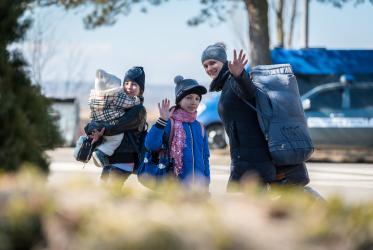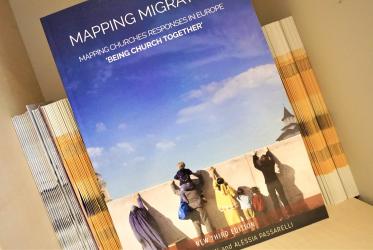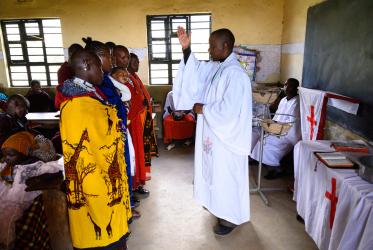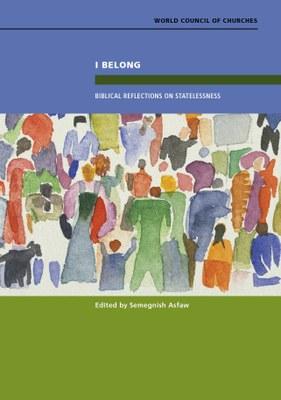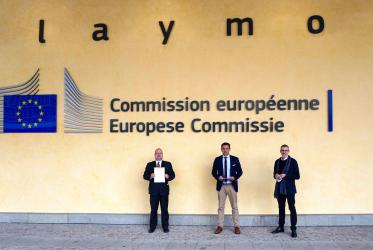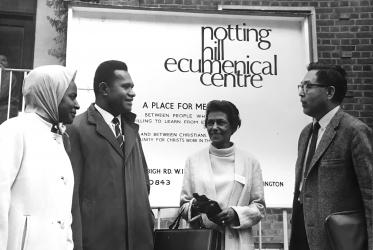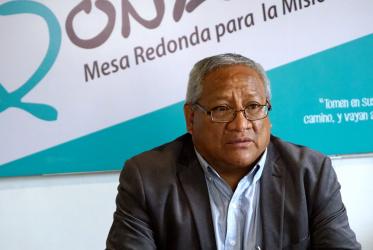Displaying 1 - 20 of 40
Christians in Africa face increasing violent attacks, repression
23 December 2020
Webinar - “People on the Move: Solidarity and Advocacy”
12 November 2020
https://www.oikoumene.org/live
Webinar will highlight “People on the Move: Solidarity and Advocacy”
05 November 2020
I Belong: Biblical Reflections on Statelessness
Biblical Reflections on Statelessness
12 October 2020
Ecumenical statement on migration received by European Commission
25 September 2020
Webinar on Middle East racism: “Never lose hope”
28 November 2019
Rev. Kenneth Mtata reflects on journey of transition in Zimbabwe
20 September 2018
